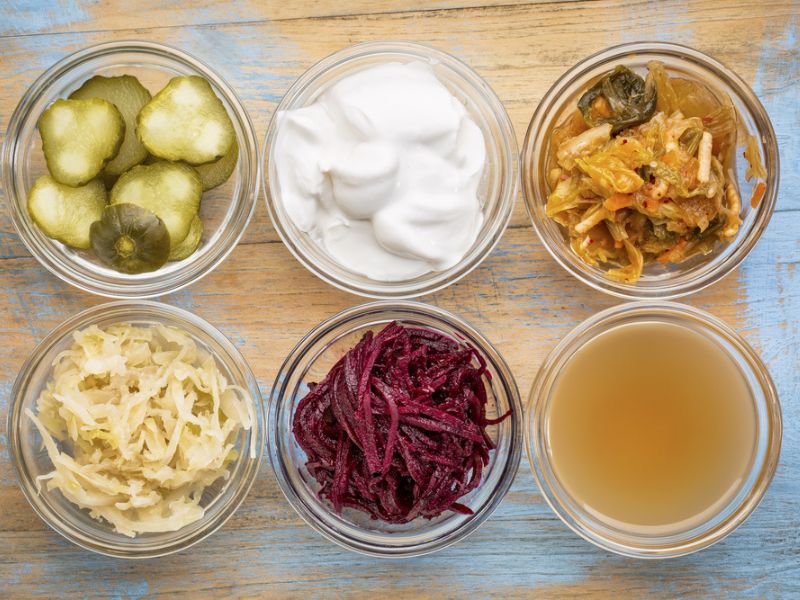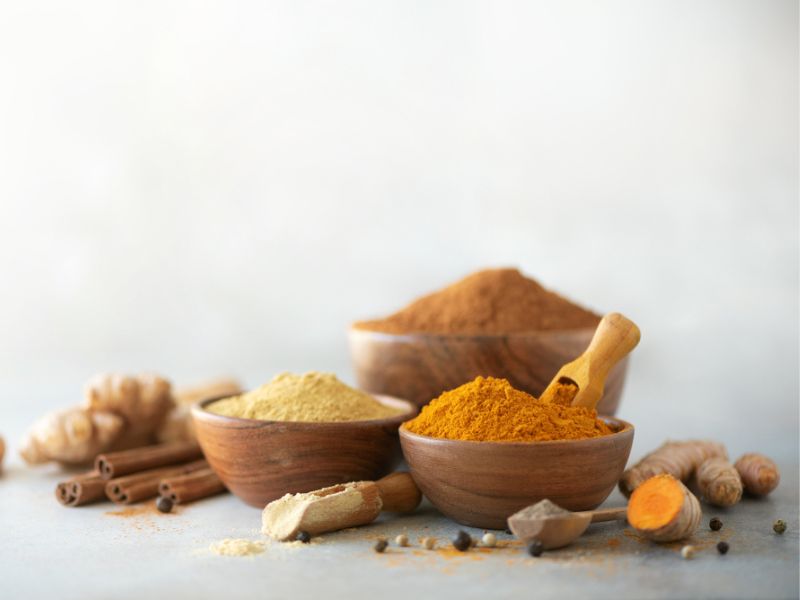Superfoods might seem intriguing and make you pause while shopping, but they are often just clever marketing tactics. A banana is a food that contains many antioxidants, fiber, and fatty acids, as well as a high concentration of vitamins and minerals, and its origins can be traced back to the early 20th century.
A wide variety of foods could qualify as superfoods, but we have gathered a list that deserves this title based on their health benefits. Eating a balanced diet is vital to overall health, but these superfoods can also improve skin health or promote gut health. Including these foods on your grocery list is the easiest way to incorporate them into your daily diet.

Image Credit: Shutterstock/marekuliasz
Fermented Foods
Our daily lives are filled with fermented foods like yogurt, pickles, sauerkraut, and kimchi. Recent studies have linked them to reduce the risk of high blood pressure, diabetes, and inflammation and combating depression. Stefani Sassos, Registered Dietitian and Deputy Director of the Good Housekeeping Institute Nutrition Lab points out that fermented foods date back thousands of years. Natural fermentation is possible with some foods if they are already contaminated with microorganisms.
Cruciferous Vegetables
Cruciferous vegetables include broccoli, cauliflower, Brussels sprouts, and arugula. The anti-inflammatory properties of cruciferous vegetables may contribute to their ability to fight cancer. They are rich in folate, vitamins A, C, and K, antioxidants, and phytonutrients. Broccoli and broccoli sprouts contain the highest levels of sulforaphane among all cruciferous vegetables.

Image Credit: Shutterstock/j.chizhe
Ginger And Turmeric
Our favorite anti-inflammatory superfoods are turmeric and ginger, which belong to the Zingiberaceae family. Turmeric and ginger are both recommended by The Arthritis Foundation as part of an anti-inflammatory diet. Recent studies show they may work better together as anti-inflammatory ingredients in herbal teas and supplements.
Pomegranate
The pomegranate is associated with vitality, luck, fertility, and good health in multiple cultures and religions. Nutrients are found in the seeds, often called arils, and juice of pomegranates. A rich source of potassium and vitamin C, they also have a high level of antioxidants. Fiber is found in pomegranate seeds, which contain four grams per serving.